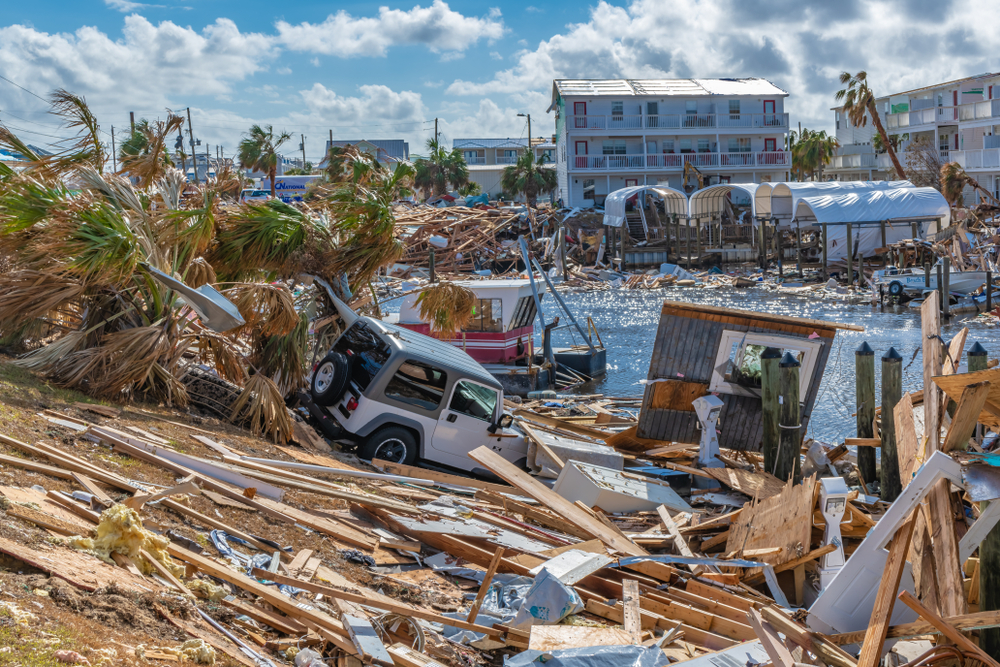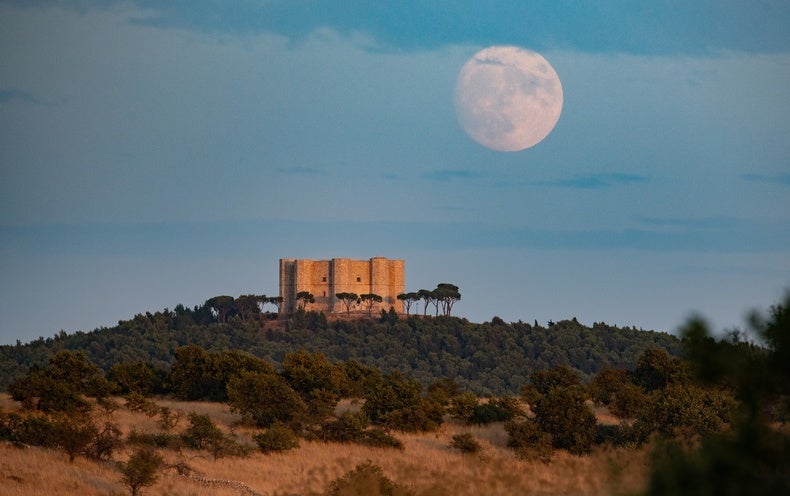This article was originally published September 8, 2020. It has been updated with current information.
According to the National Oceanic and Atmospheric Association (NOAA), the Atlantic hurricane season spans from June 1 to November 30, with storms usually ramping up in late summer. NOAA, in the last few years, has issued above-normal hurricane predictions, and climate change is likely the reason.
There are all kinds of ways to measure how bad a hurricane is or the kind of damage it might inflict. But when it comes to interpreting which of these parameters climate change affects in which ways, some ideas have more scientific consensus behind them than others.
Why Are Hurricanes Getting Stronger?
One of the most widely accepted hurricane transformations we might see due to climate change isn’t actually about the storms themselves. Instead, the shift has to do with the way hurricanes interact with another byproduct of climate change — rising sea levels.
“In the scientific community, the factor we have the most confidence in is that with rising sea levels, flooding will get worse,” says Andra Garner, an environmental scientist who studies hurricane flooding and climate change at Rowan University in New Jersey.
As ice sheets melt and waters creep inland, the storm surges hurricanes already bring will grow larger. Anyone who has witnessed a poolside splash contest has seen this chain of events play out. “If you do a cannonball into a pool, the flooding that goes over the edge relates to how full that pool is,” Garner says.
Read More: This Is What Makes A Category 5 Hurricane So Dangerous, And Others
Climate Change and Hurricane Intensity
Climate change will also make hurricanes more intense, a shift that scientists long assumed would come and have more recently begun to provide evidence for. For a hurricane to form, oceans need to be above 80 degrees Fahrenheit. That’s because warm waters evaporate and release heat, filling the atmosphere above with moisture and energy that a passing thunderstorm can wrap into a hurricane.
Logic says, then, that if climate change makes oceans even warmer, those essential ingredients — moist air and heat — will fuel stronger storms. “That’s something we generally understand about how hurricanes work,” says Pedram Hassanzadeh, a fluid dynamics researcher at Rice University. Recent research looking back at storms over the last 40 years found that the likelihood that hurricanes reached the highest categories of wind speeds increased over time.
Read More: How Hot Will Climate Change Make the Earth By the Year 2100?
Climate Change and Hurricane Wind Speeds
Other aspects of future hurricanes have more uncertainty. For example, a hurricane could inflict more water damage if it takes longer to move across land. The longer the storm lingers, the more water it drops. Hurricane Harvey, for example, slowed to a crawl for several days, dumping water on Texas and Louisiana.
Some analyses suggest that hurricanes will traverse land more slowly in parts of North America, in part because of how climate change is affecting broad-scale wind patterns. Without the gusts to move the swirling storms along their paths, rainfall from coming hurricanes could increase. When Hassanzadeh and his team examined Texas-bound hurricanes, however, they found that those storms might move faster over time. If speedier storms are the concern, Hassanzadeh says, then maybe preventing wind damage would become a larger priority.
Read More: How Early Civilizations Prepared for Hurricanes
What Good Is This Bad News?
Staving off damage is, of course, one of the reasons researchers are investigating the ways climate change will alter these tropical storms. The more a coastal community knows about the risks they will face — high winds, heavy rain, storm surges and more — the better everyone can prepare to mitigate harm.
Those preparations need to include preventing climate change. Though some of the conditions provoking more damaging and dangerous hurricanes, like sea level rise, are guaranteed parts of our future, reducing emissions and stunting climate change could prevent the far-off — and more nightmarish — scenarios from coming true. “It could look dire and scary,” Garner says, “but if we act now, we can avoid the worst-case simulations we look at in our research.”
Editor’s note: We changed one mention of “larger storms” to “stronger storms.”
Read More: 5 of the Most Outlandish Ideas to Fight Climate Change














